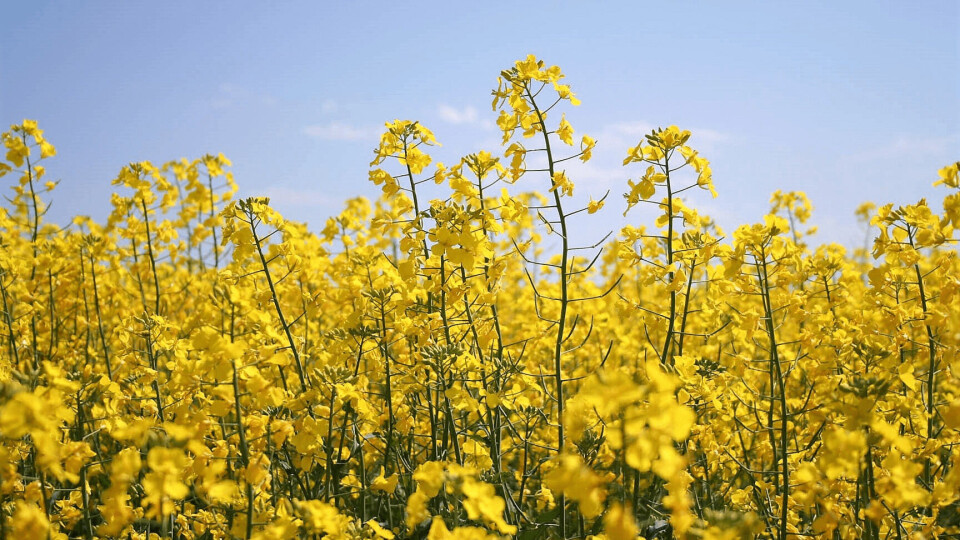
Deal signed for plant-based omega-3 product
Commercial production of aquafeed containing omega-3 from genetically modified canola has moved a step closer.
Nuseed, which is developing and commercialising the canola in conjunction with Australian scientists, has signed a deal with agricultural processor, ADM, for crushing and processing of its proprietary Omega-3 Canola in the United States.
The first scaled crush of the grain harvested by Montana and North Dakota contract growers is anticipated in the second quarter of 2020.
“This agreement ensures the highest level of stewardship is maintained from production on-farm through to processing into oil for end-use markets,” said Nuseed group executive Brent Zacharias in a press release.

“ADM is a global leader in human and animal nutrition and a world leading agricultural and processing company.”
Two oil products, Aquaterra for aquafeed and Nutriterra for human nutrition, are derived from Nuseed Omega-3 Canola.
‘Aquaculture is excited’
Benita Boettner, Nuseed’s global omega-3 general manager, said: “The aquaculture industry, which consumes over 500,000 tons of fish oil per year, is excited about Aquaterra as a sustainable alternative.
“The human nutrition segment is also a high-value market for our DHA rich oil and we are seeing strong interest in Nutriterra from potential customers. ADM provides the oil processing capabilities and industry-leading standards we’ll need to scale up and serve these new end-use markets.”
Scientists from Australia’s Commonwealth Scientific and Industrial Research Organisation (CSIRO) used gene technology to transfer the ability to produce long chain omega-3 oils from lower plants (the marine microalgae that fish consume) into canola, the world's second largest and Australia’s largest oilseed crop.
Pathway to DHA
This involved introducing a set of eight transgenes which extended canola’s short-chain omega-3 synthesis pathway all the way to marine-type EPA and DHA fatty acids. According to CSIRO, it is the most complex piece of metabolic engineering so far achieved in plants.
The oil profile in the new canola type has excellent DHA levels and a desirably high omega-3 to omega-6 ratio.
In 2011 CSIRO joined forces with the Australian Grains Research and Development Corporation (GRDC) and Nuseed, a subsidiary of Australia-based multinational Nufarm, to further develop long chain omega-3 canola for commercialisation.
Approved in Australia
Omega-3 canola was approved for cultivation and use in animal feed in Australia in February 2018 and received US Department of Agriculture approval for cultivation in the US the same year.
A 2017 freshwater study by Norwegian aquaculture research body Nofima showed there were no health or growth differences between salmon fed Nuseed’s omega-3 canola and those fed fish oil. Salmon fed diets with Aquaterra also had the same omega-3 levels as salmon fed with fish oil.
“It gives the aquaculture industry confidence that Aquaterra is an excellent alternative to fish oil,” said Boettner at the time. “One hectare of our omega-3 canola has the potential to provide the omega-3 oil from 10,000 kg of fish.”























































